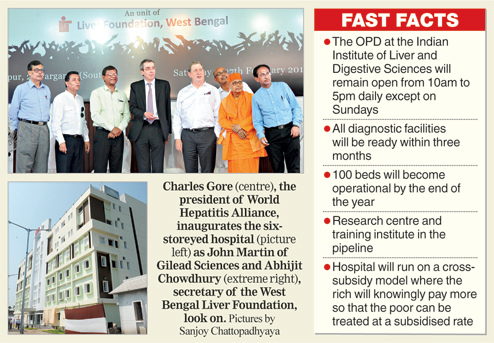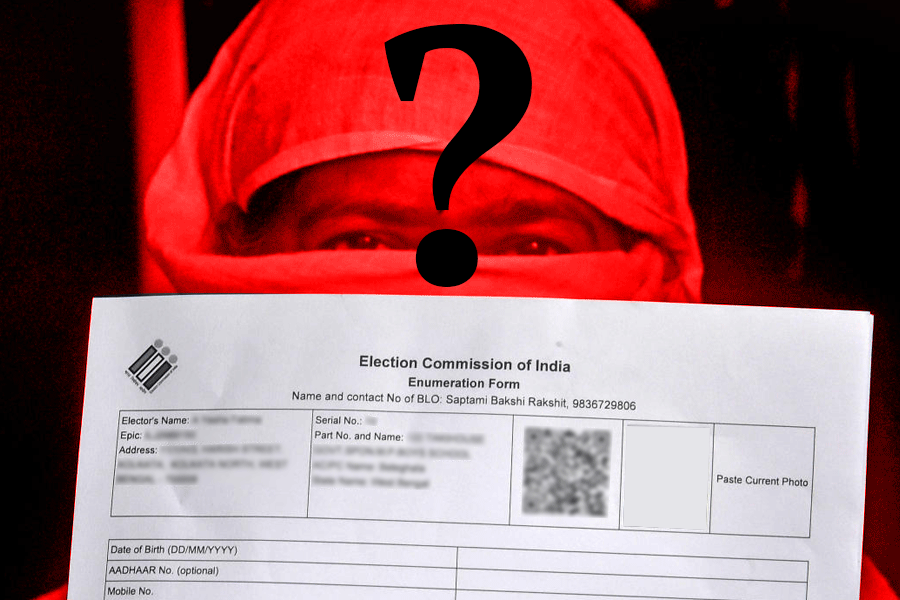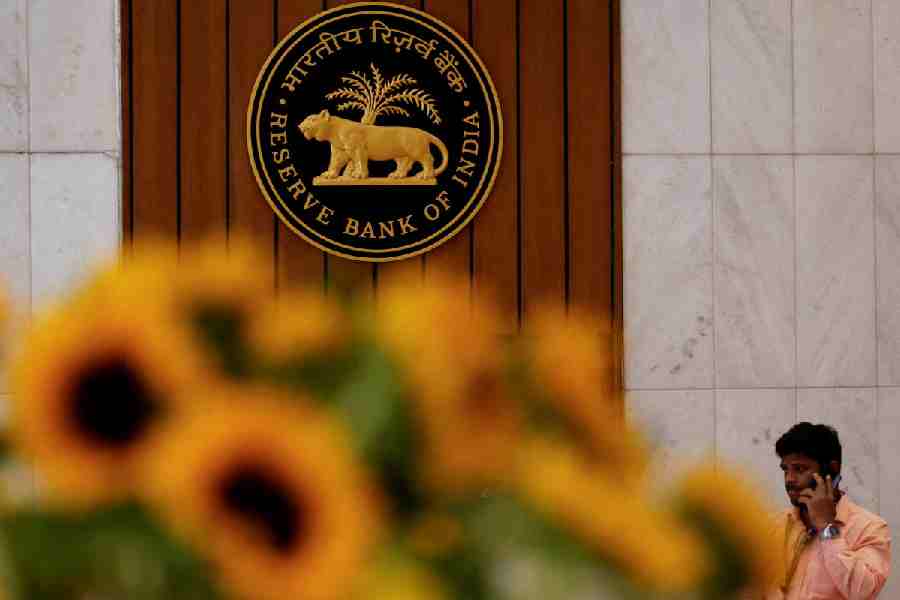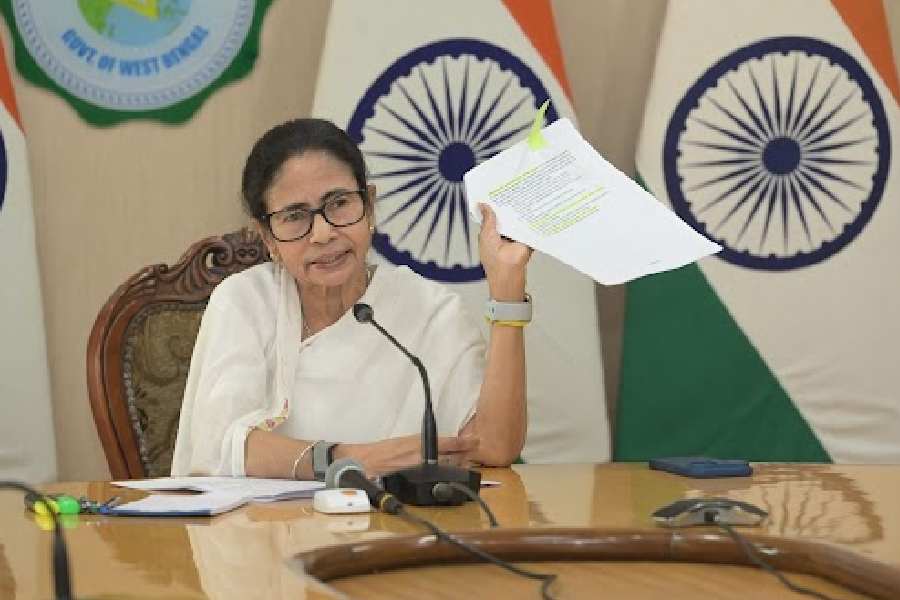
Calcutta, Feb. 27: A super-speciality hospital for treatment of liver and stomach diseases was thrown open to public today.
The Indian Institute of Liver and Digestive Sciences, about 3km from Sonarpur station on the city's southern fringe, will initially only run an OPD from 10am to 5pm all through the week except on Sundays.
Speaking at the inauguration, Abhijit Chowdhury, the secretary of the West Bengal Liver Foundation and the moving force behind the new hospital, said 100 beds would most likely be operational by the end of the year.
About 200,000 people are estimated to die every year of liver and stomach diseases in India.
The most common causes are Hepatitis B and C. Hepatitis C claims over a lakh lives in a year.
Doctors present on the occasion spoke about the high number of patients from Bengal visiting the southern states for treatment.
Chowdhury said he hoped that the hospital would bring this number down by offering excellent services.
"I cannot say that we would stop the migration of patients to south India but we will certainly reduce the numbers," he said.
"We hope this hospital turns out to be an excellent place for treating all liver and stomach ailments."
At present, SSKM is the only hospital in the state to offer specialised care for liver diseases.
Charles Gore, the president of World Hepatitis Alliance, a patient-driven NGO working towards "eradicating liver diseases from the world", said the hospital had come up at the right time since the focus is now on hepatitis.
"This institute will have a lot of work to do. The price of Hepatitis C medicine is now 1/500th of what it was when it had been launched," he said.
Gilead Sciences, one of the world's largest bio-pharmaceutical companies, has donated $2 million to the Sonarpur hospital.
Gilead recently licensed 11 Indian pharmaceutical companies to manufacture its Hepatitis C medicine, Sofosbuvir. The licence agreement allows Indian companies to price this medicine as a generic drug as they like and sell it in the domestic market and in 100 other developing countries.
John C. Martin, chairman and CEO of Gilead Sciences, said at the inauguration: "I have known Abhijit for many years.
"I was in Calcutta in December 2014 and only the second floor of the hospital was being built at that time. Work has progressed very fast.
"This hospital will be of great help to patients in this part of the world."
The hospital will run on a cross-subsidy model where the rich will knowingly pay more so that the poor can be treated at a subsidised rate, said Chowdhury.
There are plans to start a research centre and a training institute on the four-acre campus, he said.
Chowdhury stressed that the hospital had been "completely built on donation".
"The Bengal government gave us this piece of land, which had been donated by a woman named Mandira Devi long ago.
"In fact, the government waived off the Rs 80-lakh development fee," he said.
Among other donors, an 84 year-old retired professor from Vidyasagar College in Suri, Birbhum, has given Rs 5 lakh from his life's savings of Rs 12 lakh.
The hospital has raised Rs 22 crore in donations and would need another Rs 18 crore at least, Chowdhury said.










